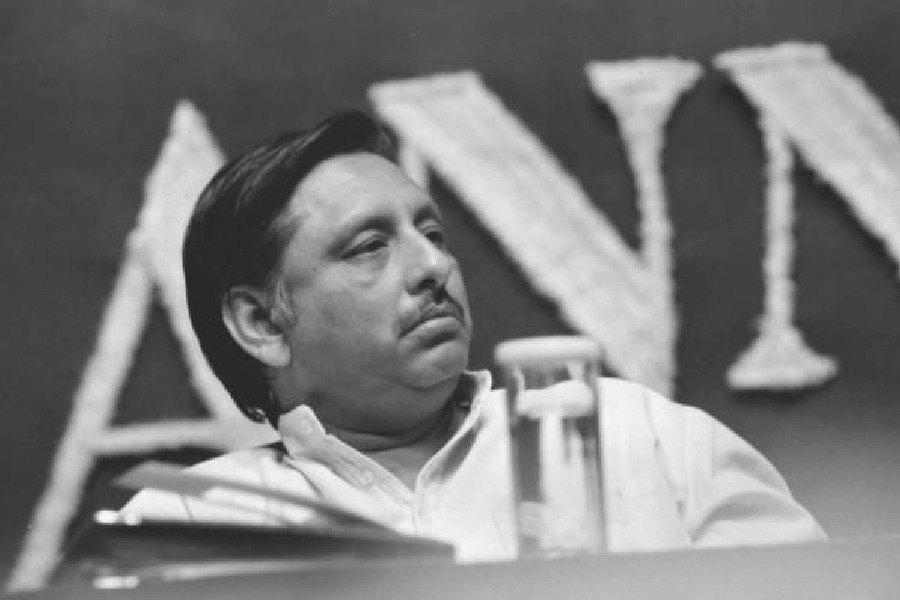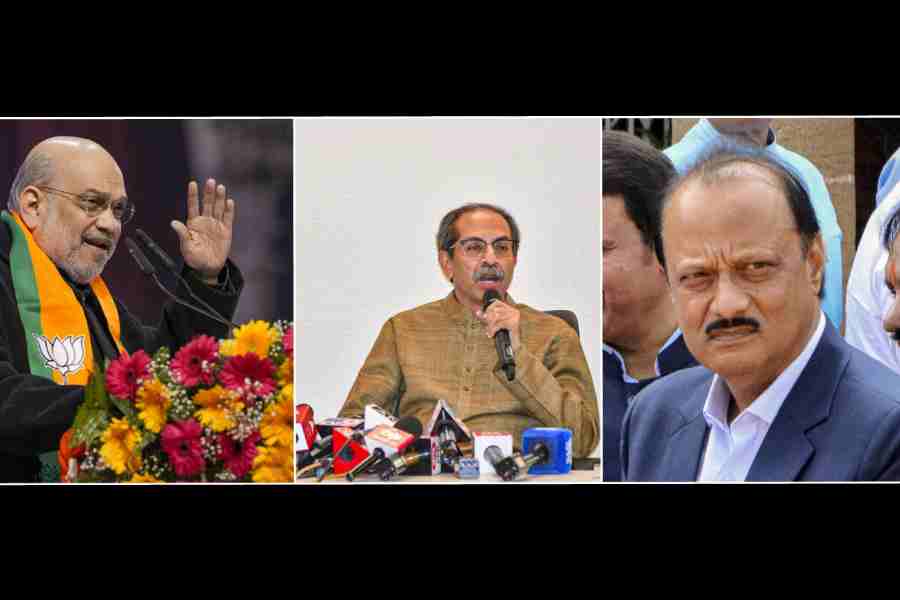Book: Memoirs of A Maverick: The First Fifty Years (1941–1991)
Author: Mani Shankar Aiyar
Publication: Juggernaut
Price: Rs 899
‘There is a man named Mani Shankar Aiyar/ Whose memoirs are steeped in wit and satire. But since he laughs at himself/ This book, fresh off the shelf/ Has plenty of mirth, not unadulterated ire.’ (Since he himself has a limerick in the book, why not this as a summary?)
The first volume of Mani’s maverick memoirs, spanning the first fifty years, has twelve chapters. It’s not quite clear whether there will be two further volumes, or three. But for now, these twelve chapters have three themes, though the book isn’t neatly divided into sections that way — i) formative/student years; ii) career in the Indian Foreign Service, with a heavy dose of Pakistan postings; iii) Rajiv Gandhi and beyond. Anyone who knows Mani as a person, without getting drawn into his vocal political views, will vouch for his irreverence. If that irreverence and ridicule extend to one’s own self — a trait very few authors are capable of exhibiting — you have a very readable book.
There are anecdotes and comments galore, not salacious but sometimes bordering on the malicious. These are too numerous to mention. For instance, Dr N.C. Ray, the head of the department of economics in St. Stephens, refusing to shake Mani’s hand when he got a first in B.A. (Economics): “‘You didn’t deserve it,’” he thundered. “‘Arun (Shourie) should have got it, not you.’” Or how his induction into the IFS would have got scuttled but for the intervention of Dr Sarvepalli Radhakrishnan. This was on the suspicion of being a communist — “Many decades later, when I was at the Prime Minister’s Office (PMO), I became friendly with the IB Chief, M.K. Narayanan. He volunteered the information that it was he who was my case officer in IB and added, with an air of regret, that every time he thought he had me by the short hairs, yet another VIP missive would land on his table and he would have to start writing the negative recommendation all over again.”
There is more.
“Not withstanding their constant tu tu main main, Mary was really quite fond of her husband and very proud of him. Her pride was greatest over Krishna Shelvankar’s (Indian ambassador in Vietnam) friendship with the renowned American writer Henry Miller. But she had clearly not read Henry Miller’s most famous book, his semi-autobiographical Tropic of Cancer in which there is an outrageous sequence where Krishna (mentioned by name) is taken to a Paris bordello and does something so disgraceful that it doesn’t bear repetition.” “Pleased at having put one over the PMO mafia, I waited for the outcome. Meanwhile, Alexander had resigned after it was discovered that his private office had been a spies’ sieve, with secret documents, including cabinet minutes, regularly sold by his staff to foreign diplomats for as little as a bottle of Scotch.”
The book is replete with Mani’s own escapades, such as when he handed over a set of confidential papers at the house of the wrong Dr Manmohan Singh. In some of those occasions, he escaped by the skin of his teeth. If one goes by the three sections or themes I mentioned, there is some reticence in the Rajiv Gandhi years, though the book stops at the point when Mani entered politics. Compared to the first two parts, it is as if Mani is consciously more careful and guarded. In the last two chapters, he does make it clear that his role in the PMO (during the Rajiv Gandhi years) wasn’t quite as exalted as the media projected it to be. The book ends when the author turns fifty.
The candid take on the first fifty years is quite a read.










